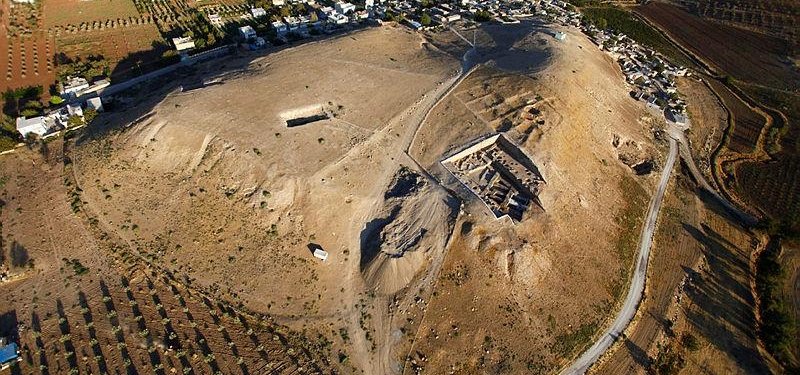
4,000-year-old olive seeds unearthed in SE Turkey
- Türkiye
- Anadolu Agency
- Published Date: 12:00 | 28 November 2018
- Modified Date: 05:28 | 28 November 2018
When Augustus Caesar rose to become the first Roman emperor, in 27 B.C., the seeds recently unearthed by Turkish archeologists were already 2,000 years old.
Those same seeds, found during excavations in Kilis, along the Turkish-Syrian border, have a vintage dating back four millennia -- around the time the Great Pyramids of Egypt were built.
"We've discovered dozens of olive seeds inside layers dating back 4,000 years, and various basaltic grinding stones that we think were used to produce olive oil," Atilla Engin, an archaeology professor at Gaziantep University, told Anadolu Agency.
The seeds were found in a historic tumulus in southeastern Turkey called Oylum, one of the biggest of its kind in the region.
Telling how the eastern Mediterranean is known as the "Motherland of Olives," Engin said olives and olive oil were not just used for food, but also had numerous uses in textiles, medicine, and mining.
Olive oil was a pricey and valued commodity in ancient times, he said.
"It was twice as expensive as sesame oil, which is harder to produce than olive oil, and it was 10 times more expensive than wine," he explained.

